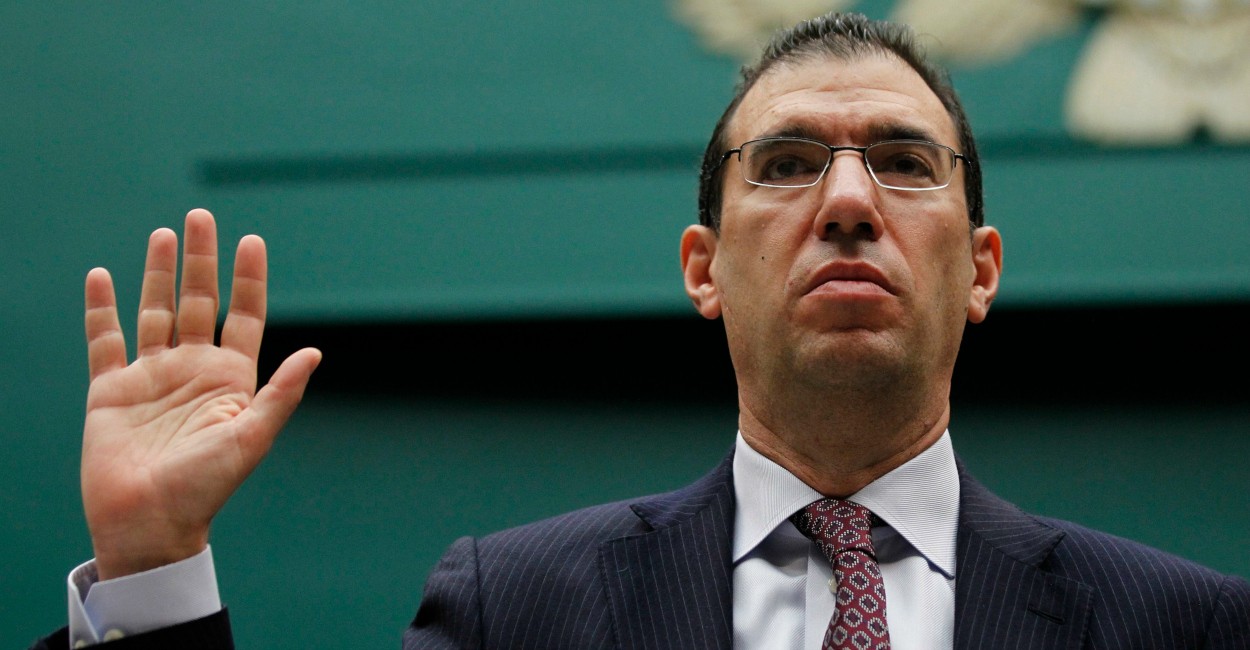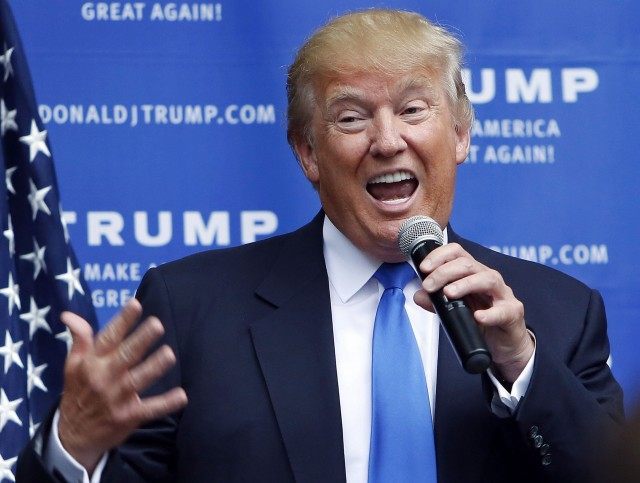 An Obama administration official who faces questions surrounding potential conflicts of interest due to his work in the medical services field has been nominated to serve as head of the agency tasked with overseeing Obamacare.
An Obama administration official who faces questions surrounding potential conflicts of interest due to his work in the medical services field has been nominated to serve as head of the agency tasked with overseeing Obamacare.
The White House announced yesterday Andy Slavitt’s nomination to permanently head the Centers for Medicare and Medicaid Services. Slavitt began working as the agency’s acting administrator after Marilyn Tavenner resigned in January.
The Centers for Medicare and Medicaid Services, an agency within the Department of Health and Human Services, oversees Obamacare and the federal exchange, HealthCare.gov. Slavitt joined the Obama administration in June 2014 as principal deputy administrator at the Centers for Medicare and Medicaid Services.
His appointment to the post was met with skepticism from Republicans in the House and Senate, as Slavitt worked as group vice president of OptumInsight/QSSI, a technology company, before taking the No. 2 post at the Centers for Medicare and Medicaid Services.
The Department of Health and Human Services awarded Maryland-based OptumInsight/QSSI with a contract to build the federal data hub, part of HealthCare.gov, in January 2012.
Then, following the federal exchange’s disastrous launch in October 2013, OptumInsight/QSSI was tasked with fixing the broken website and continued to serve as a “senior adviser” on the project.
OptumInsight/QSSI is the sister company of UnitedHealthcare, a health insurance provider that offers plans on both the federal and state-run exchanges. Both companies are subsidiaries of UnitedHealth Group.
Typically, government officials who leave the private sector for jobs in the administration must wait at least one year before working with their previous employer. However, Slavitt received an ethics waiver from the White House last year, which allowed him to begin working on matters involving OptumInsight/QSSI, his former company.











